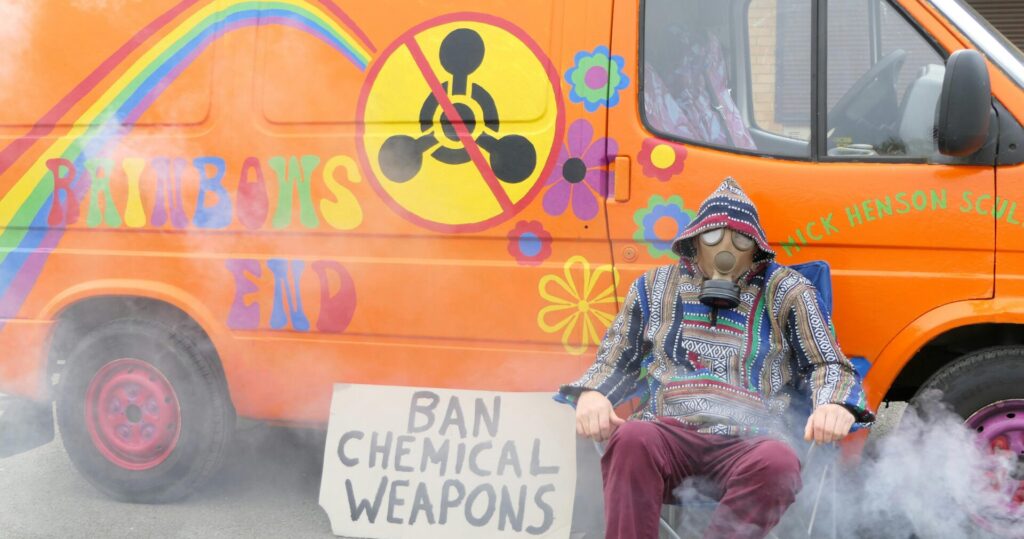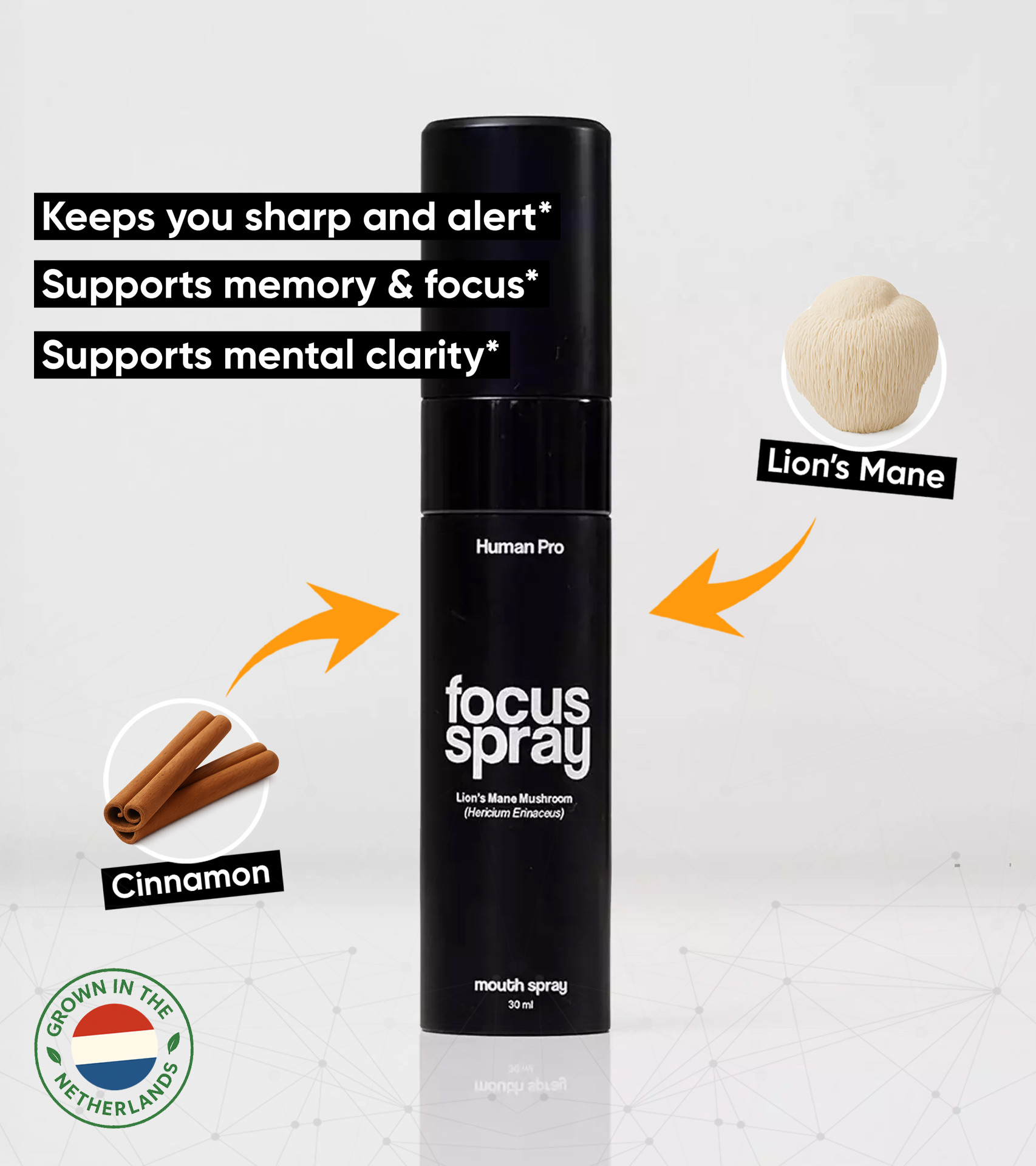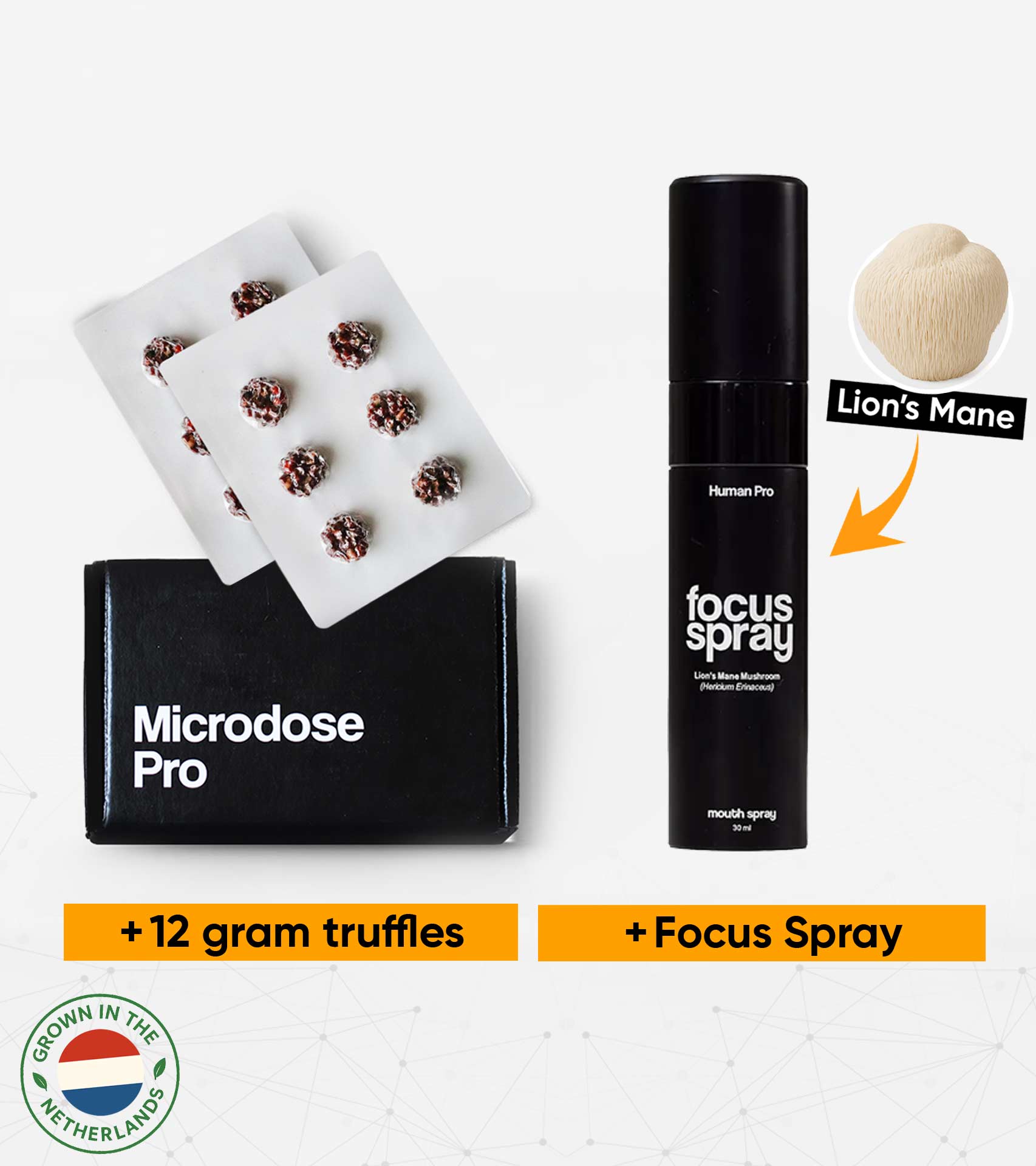Nixon’s Ban of Psychedelics
Anyone that knows me, knows that I consume a significant amount of podcast content. Case in point, I listen to nearly every PBD podcast episode, and one thing Patrick Bet-David often says resonates deeply with me is that: policies have consequences.
Today, the amount of endless information, news, and data, is overwhelming, to say the least.
I fully agree that there are very serious and negative effects of consuming content non-stop.
Having said that, buried within the vast amounts of data is vital information that we need to know about and sometimes even act upon.
Not being aware of certain political policies comes with greater and long-lasting consequences too. More specifically the political motivations and policies that shape societies, not just in the United States but around the world.
Take, for example, Nixon’s War on Drugs in the 1970s. This wasn’t just a policy decision—it was a political strategy designed to consolidate power and crush dissent.
The criminalisation of psychedelics like psilocybin removed these compounds from society for decades.
The consequences of this decision were profound, reshaping public perception, halting scientific progress, and dulling the vibrant cultural progress of the 1960s.
Nixon’s War on Drugs: Politics Over Public Health
By the late 1960s, American society was undergoing radical transformation.
The civil rights movement, anti-Vietnam War protests, and countercultural revolution had created a generation that questioned authority, embraced freedom of expression, and experimented with altered states of consciousness.
Psychedelics, including psilocybin and LSD, were central to this cultural explosion.
The 1950s and 60s were a colourful time—marked by bold art, experimental music, and revolutionary ideas.
But as these movements grew louder, the political establishment felt increasingly threatened. President Richard Nixon, elected in 1968, viewed this counterculture as an existential threat to his administration and the “traditional” values he championed.
In 1971, Nixon declared a War on Drugs, a campaign that was ostensibly about public safety but was deeply rooted in political strategy.
His advisor, John Ehrlichman, revealed decades later that the real motivations behind the War on Drugs were to target his political enemies:
“We knew we couldn’t make it illegal to be either against the war or Black, but by getting the public to associate the hippies with marijuana and Blacks with heroin, and then criminalising both heavily, we could disrupt those communities.”
This admission provides a clear picture of why Nixon pursued drug prohibition so aggressively—it was a tool to suppress dissent.
By criminalising psychedelics, which were closely associated with anti-war activists and the counterculture, Nixon effectively disrupted these movements and painted them as societal threats.
The Schedule I Classification: A Death Sentence for Research
In 1970, Nixon signed the Controlled Substances Act, classifying psychedelics like psilocybin as Schedule I substances. This designation meant they were considered to have a high potential for abuse, no accepted medical use, and a lack of safety under medical supervision.
The classification wasn’t based on scientific evidence but on political expediency.
Psychedelics were swept up in a broader campaign of fear-mongering, with public service announcements portraying them as dangerous and destabilising. This created a stigma that lingered long after Nixon left office.
As a result, scientific research into the potential benefits of psychedelics came to a halt.
Decades of promising studies were shelved, and now the scientific community is desperately trying to catch up and execute much-needed research so that we can understand these compounds better rather than vilify them as taboo subjects.
Nixon’s Legacy: Colour to Grey
The cultural vibrancy of the 1960s, fuelled in part by psychedelics, gave way to a more conservative and subdued society in the 1970s.
The art, music, and social progress that had defined the previous decade became muted.
By removing psychedelics from the public sphere, Nixon not only disrupted his political opponents but also robbed society of tools that encouraged creativity, connection, and exploration.
For decades, these substances were relegated to the shadows, and the scientific community was forced to abandon its exploration of their therapeutic potential.
This wasn’t just a loss for the counterculture—it was a loss for humanity.
A Resurgence in the 21st Century
Thankfully, the tide is turning. In the past 15 years, federal agencies have acknowledged that now is the time to research psychedelics.
Studies at Johns Hopkins University, Imperial College London, and other leading institutions have started looking into the impact and effects of psychedelics and have been yielding noteworthy results.
Slowly but surely, one area at a time, legislation is changing. States like Oregon and Colorado have begun to decriminalise psilocybin, signalling a shift in public perception and policy.
Reclaiming What Was Lost
The story of Nixon’s War on Drugs is a reminder of how political agendas can derail progress.
By prioritising control over understanding, the government delayed access to tools that could have transformed countless lives.
Today, we stand at a crossroads. The resurgence of psilocybin research gives us an opportunity to undo decades of harm and rediscover the true impact and effect of these compounds.
More than science—it’s about reclaiming the creativity, connection, and vibrancy that was suppressed for so long.
Conclusion
Nixon’s ban on psychedelics wasn’t about public safety; it was about maintaining power.
The War on Drugs targeted political opponents, disrupted progressive movements, and silenced a generation of scientists exploring new frontiers of healing.
But as psychedelics and psilocybin re-emerge, we now have a second chance to learn as much as we can about these compounds and therefore make informed decisions moving forward.
Despite the huge amount of data and content out there, it’s important to constantly keep an eye out for political agendas so that never stand in the way of humanity’s progress ever again.
As Patrick Bet-David says: The future looks bright!
As always,
Shine bright. Do good. Flow strong.
Asha ✨







0 thought on “Nixon’s Ban of Psychedelics”